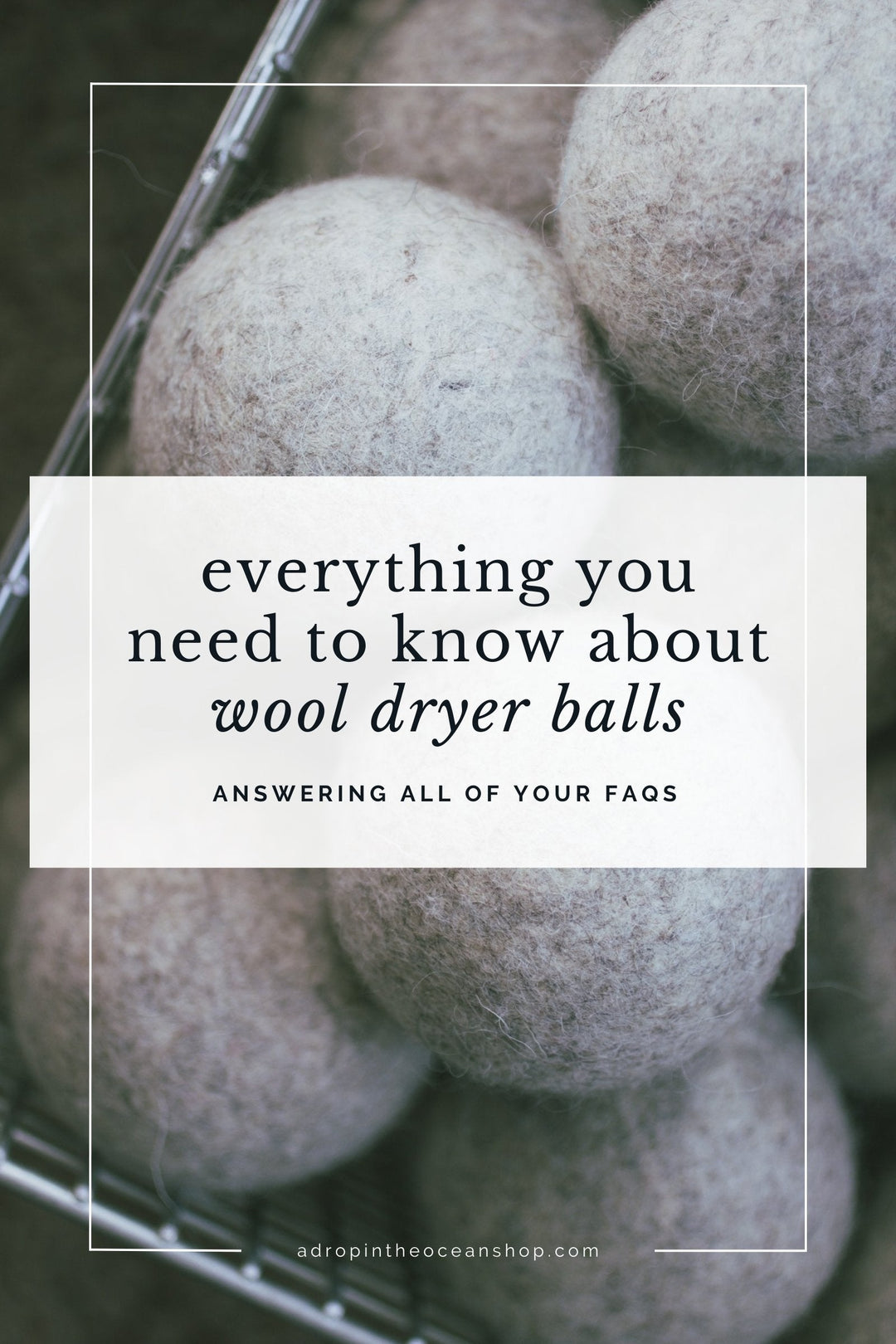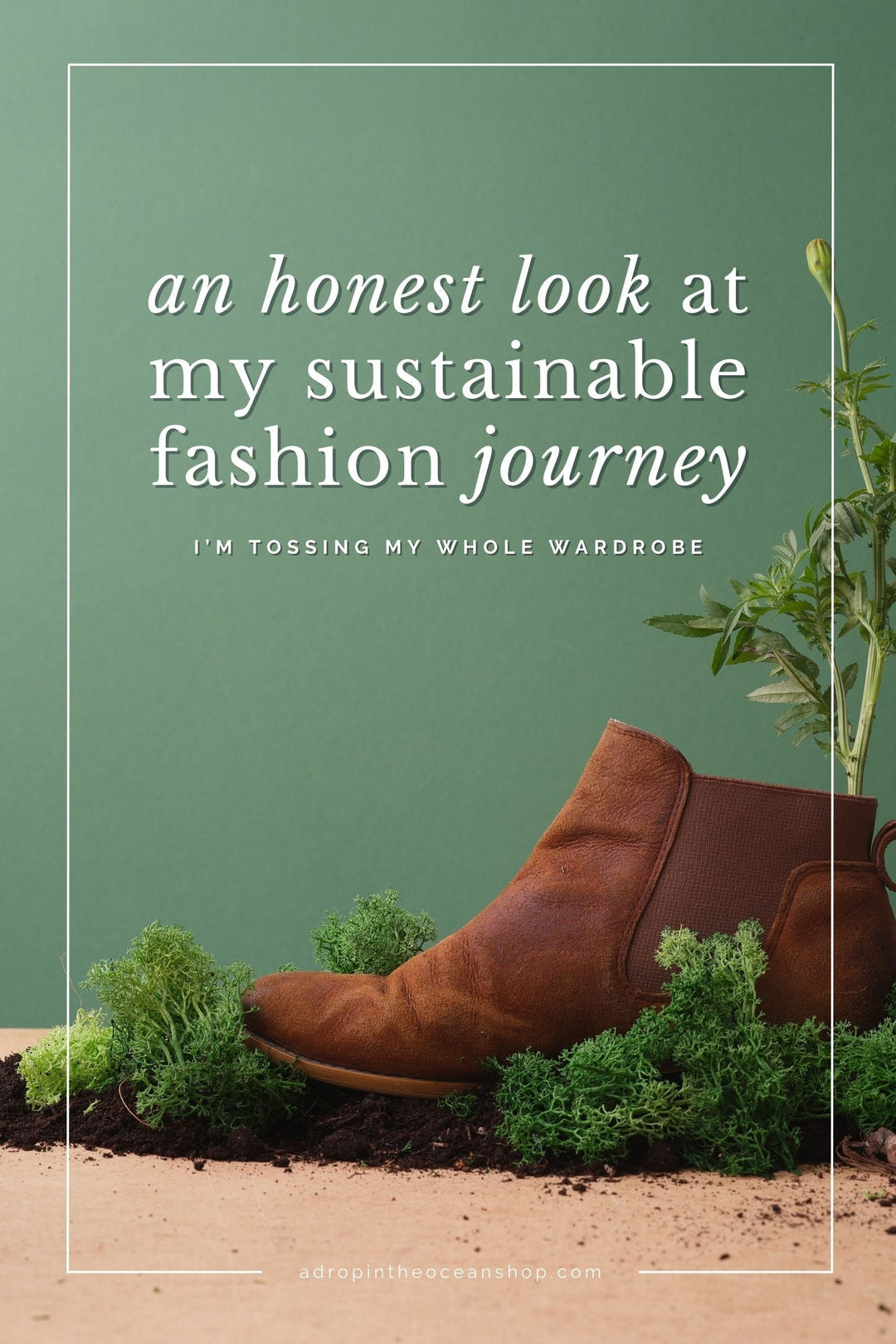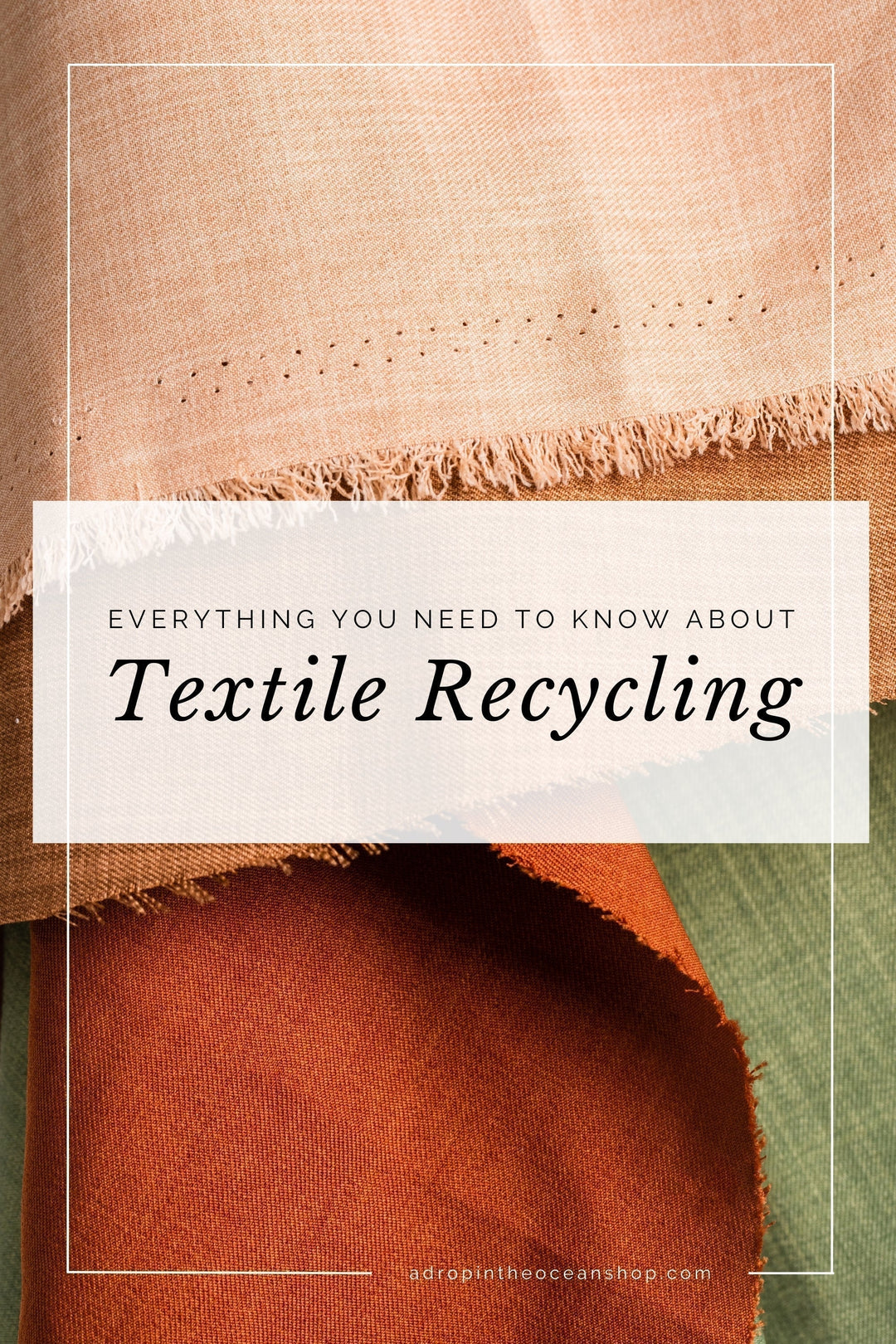4 Reasons I Don't Have a Trash Jar

Ah, the mason jar. Like any zero-waster, I adore mason jars. Big ones, small ones, tall ones, short ones - they’re great for nearly everything. I use them for beverages, leftovers, as a toothbrush holder, for lunch transport - the list really is endless. The one thing I don’t use them for? My trash.
The trash jar has become the iconic symbol of the zero waste movement. News headlines seem to be popping up everywhere praising “Woman can fit four years of trash in a mason jar,” or “Woman has reduced her weekly waste to fit in one mason jar,” or “Millenials reducing their waste to fit in a mason jar.” (Why are there never any men in these headlines? I digress…)
I’ll admit, one of the things that drew me to the zero waste lifestyle was the trash jar. I was convinced I was going to reduce my trash to one mason jar for the rest of my life overnight. But alas, here I am, two years later, trash jar-less, and proud of it.
The more I ponder the trash jar, the more I oppose them. Here’s why.
Trash jars don’t consider recycling or compost.
One of the key tenets of zero waste, also the title of zero waste queen Bea Johnson’s TEDx talk, is “zero waste is not recycling more, but less.” The same applies to compost. Trash jars, however, only consider landfill waste.
Check out my full post on why recycling isn’t the answer for a more detailed explanation of this one, but in summary...- Our brains are wired to consume more when we have recycling and composting options available to us;
- Whereas glass and aluminum can be infinitely recycled without losing quality, plastics cannot be fully recycled (a bottle becomes something like a pen or a sweater, rather than a new bottle) and therefore does not decrease demand for virgin plastics;
- Recycling is just like any other business - it follows the principles of supply and demand. China recently stopped accepting most of our recycling (because we’re too cool to process our own recycling and instead ship it across the world), so the global demand for recycling has plummeted, leaving many areas without recycling options at all.
Yes, composting and recycling are great, and I am in no way advocating that any of us should stop doing either of these things. But they are a last resort. Resources are still being used to make these products we are recycling or composting, and we must be mindful of these resources before we consume them, rather than focusing on the fact that we can consume them without an addition to our trash jar.

Trash jars don’t consider upstream waste.
Upstream waste is the waste that was produced before a product even made its way into your hands. Even if we are able to purchase our grocery staples from bulk bins, the items in those bulk bins had to get to the store somehow. That “somehow” very well may have been a large plastic bag.
This upstream waste has a carbon footprint, too, and it is part of our individual footprints. Buying from the bulk bins and purchasing less food are fantastic ways to reduce our waste, and we are absolutely lessening our impact on the planet by doing so. Even if our bulk rice was dumped from a 50-pound plastic bag, and we scoop a pound of it into our reusable produce bag, that’s still sooo much less plastic than if we each purchased 1-pound individual bags! But, there is still an impact that the trash jars don’t accurately represent.
Trash jars can be exclusionary.
I’ve said it before and I’ll say it again. Not everyone can be zero waste. (Check out my post on mental health, intersectionality, and zero waste for an expanded look at this topic.) Different countries, states, and cities have different resources available to them. Different people have different barriers to access.
We cannot exclude people from this movement because of their access.
This exclusion may not even be intentional. But if we constantly promote this lifestyle through photos of trash jars, how many people are going to look at the movement and say “I could never do that much, so I can’t be part of this?”
If I’m being real, the phrase “zero waste” can have this same effect. “Zero” is a pretty absolute term. But I think the trash jar adds to it. I never want to exclude anyone from this lifestyle that has given me so much over the last two years. It’s exciting and rewarding and I freaking love it. I want you to love it, too, in any way that works for you.

Trash jars don’t consider personal sustainability.
Zero waste seeks to increase environmental sustainability by putting less of a burden on the planet. But it is just as important to maintain personal sustainability through this lifestyle shift. This means if you absolutely hate doing something, you’re either not going to do it long-term, or you’re going to end up resenting the movement as a whole because of it, neither of which we want.
There are about a million and a half ways to be zero waste. What works for me may not work for you. And that’s okay! Find what works for you, and if it creates a bit of waste along the way, but you can maintain your sanity, go for it. Make your own rules to life.
What are your thoughts on the trash jar?









Wow! Plastic-filled bottle-bricks / eco-bricks are a lot more fun than “trash jars” sound like they would be! They have been making plastic-filled bottle bricks in Guatamala and other places around the globe for over 15 years, and building inspiring things out of them… Young folks “Using Less” will not solve the much bigger broader issue of what has already been put out into the world since 1955… You’re so right! ‘Jar-Shaming’ is surely not the only answer… (and definitely not what should be put upon anyone who had to don disposable plastic PPE to be able/allowed to visit a loved one in a nursing home or hospital in 2020.). If the earth can teach us anything – it is the importance of Inter-Connection and Life in Balance. 💞
this is SUCH good info. i hadn’t heard the term “upstream waste” before and i LOVE that. thank you so much for always being so spot on!
Thank you so much for writing this post! You point out many of my frustrations! I have been ramping up my efforts for the last year or so to make more informed decisions both for the environment and for other ethical issues such as eliminating animal testing and supporting women and minority owned businesses. I have found the more I try and inform myself the less sense the zero waste movement as it is portrayed actually makes. It should be more about reducing your impact by stripping down to essential needs (smartly chosen of course) and responsible waste management. Just because those leftovers you didn’t eat were composted instead of thrown in the trash doesn’t make them not food waste. I think this concept of “zero waste” (it really doesn’t exist) can be dangerous. If we compost and pat ourselves on the back we are missing the point. We need to think about our habits more holistically taking into account the entire life cycle of what we purchase and use. Packaging seems to be the focus but as you point out what about all the waste upstream. Just finding a plastic free option of something isn’t enough (and isn’t always the best when viewing holistically). I think the trash jar exemplifies this disconnect between the movement’s intent and what is being put out there perfectly. Do away with the trash jars and the “zero” while you are at it!
Leave a comment